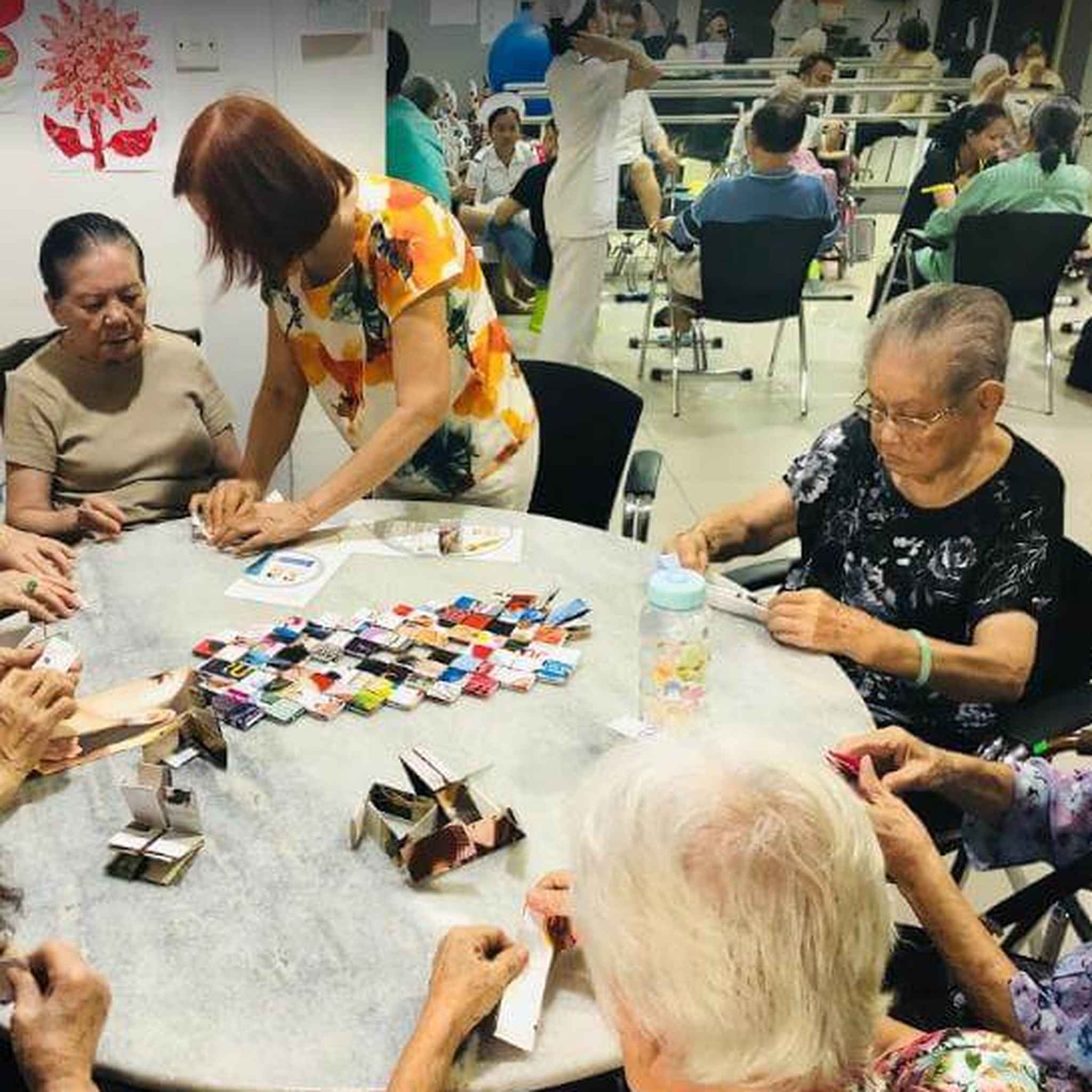Which home is best for me?
Before you visit, make a list of the types of care you need and the things that are important to you in a home. Involve your carer or family and ask them about their needs, so that they can continue to support you after you move.
As you visit each home, you may also want to make some notes. What do you like and dislike about it? Do you feel comfortable with the staff and the environment?
Consider how well each home may meet your physical, social and emotional needs:
-
Do you need help with everyday tasks like using the toilet, bathing or moving around your home?
-
What training does the care staff have? Are there registered nurses, enrolled nurses or trained carers? How many care staff are on duty overnight?
-
How does the home ensure residents have some privacy?
-
What are the meal arrangements? Ask about seating, times, menus, visitors, meals in your room and special diets.
-
Can the home meet special needs like a different language and culture, religious observances and access to medical visits?
-
How can your family and friends be involved? How long can they stay for each visit or how frequent?
-
Can the home meet medical needs such as assistance with medication, wound or catheter care?
-
Do you need services like podiatry (foot care), physiotherapy (exercise, mobility, strength and balance) or speech therapy (communicating, swallowing or eating)?
-
What type of care services cannot be provided? How would the home advise you of this?
What is it like to live in an aged care home?
Moving into an aged care home means new surroundings, routines and people. You may have help with many of the everyday tasks that you’ve been used to doing for yourself, and you’ll be able to participate in plenty of social activities.
It’s important to remember that you will still be your own person. As long as your health permits, you can go on holidays, visit friends and come and go as you like.
As a resident, you will have a say in your living arrangements in general.
You will be expected to respect the rights and needs of other people in the home, as they will be expected to respect yours.
What else do I need to do before moving into an aged care home?
Do you have particular wishes regarding your health, including treatment during a serious illness? It’s important that people who may need to look after you or your affairs, including your aged care home, know about your preferences in advance. This way your wishes can still be respected, should a time come when you can’t make decisions about your health.
One way to do this is to draw up an Advanced Care Directive. This should include your preferred arrangements and instructions regarding medical treatment. You can choose to give this information to your aged care home when you move in.
It’s also important to have a will so your wishes regarding your estate and any other affairs can be carried out. You can give your aged care home the name of the will’s executor so that the information will be available to do things like finalise accounts or repay any money that’s owed to you. You might also have preferences about your funeral, including your choice of funeral director.
How long can I stay in aged care?
Once you’re living in an aged care home, your place is secure and you can stay there for as long as the home is able to care for you. However, there may be times when you need to leave—for example, if you need to move from low to high-level care and your current home can’t provide those services, or if you need more nursing support.
What about my family, friends or carer?
Even if you move into an aged care home, your family, friends or carer are still a part of your life. They can speak with the staff at your aged care home about how they can continue to play a role in your care.
What will the food be like in my new home?
Your aged care home should give you healthy, well-balanced meals with a variety of foods. They’ll also take your health care needs and dietary customs or religious beliefs into account—so let them know what you like or don’t like, and what you can’t have. You can also ask a family member or friend to tell them.
What social activities do homes provide?
Your aged care home will organize social and other activities. You’re free to participate in as many, or as few, as you wish.
Comfort Aged Care’s homes employ experienced leisure and lifestyle staff. Tell them about your hobbies and interests, so the staff can help you continue to enjoy them while you’re living in the home. They might also be able to suggest different things to try—giving you the chance to develop new interests, skills, and friendships.
Activities might involve your home’s residents or people from the community too. You and your family can tell the aged care home which activities interest you, so you can have a say in what’s organized.

